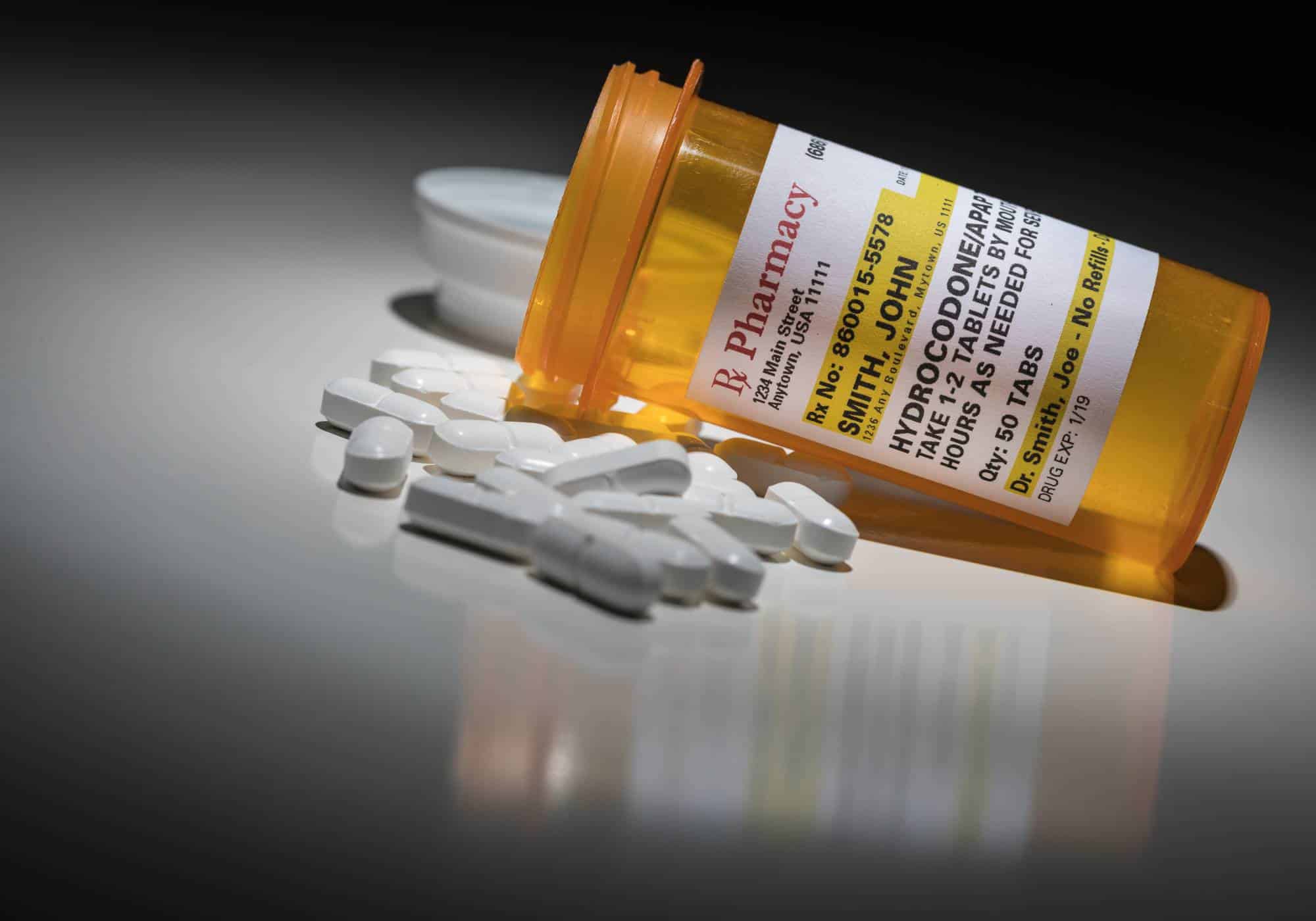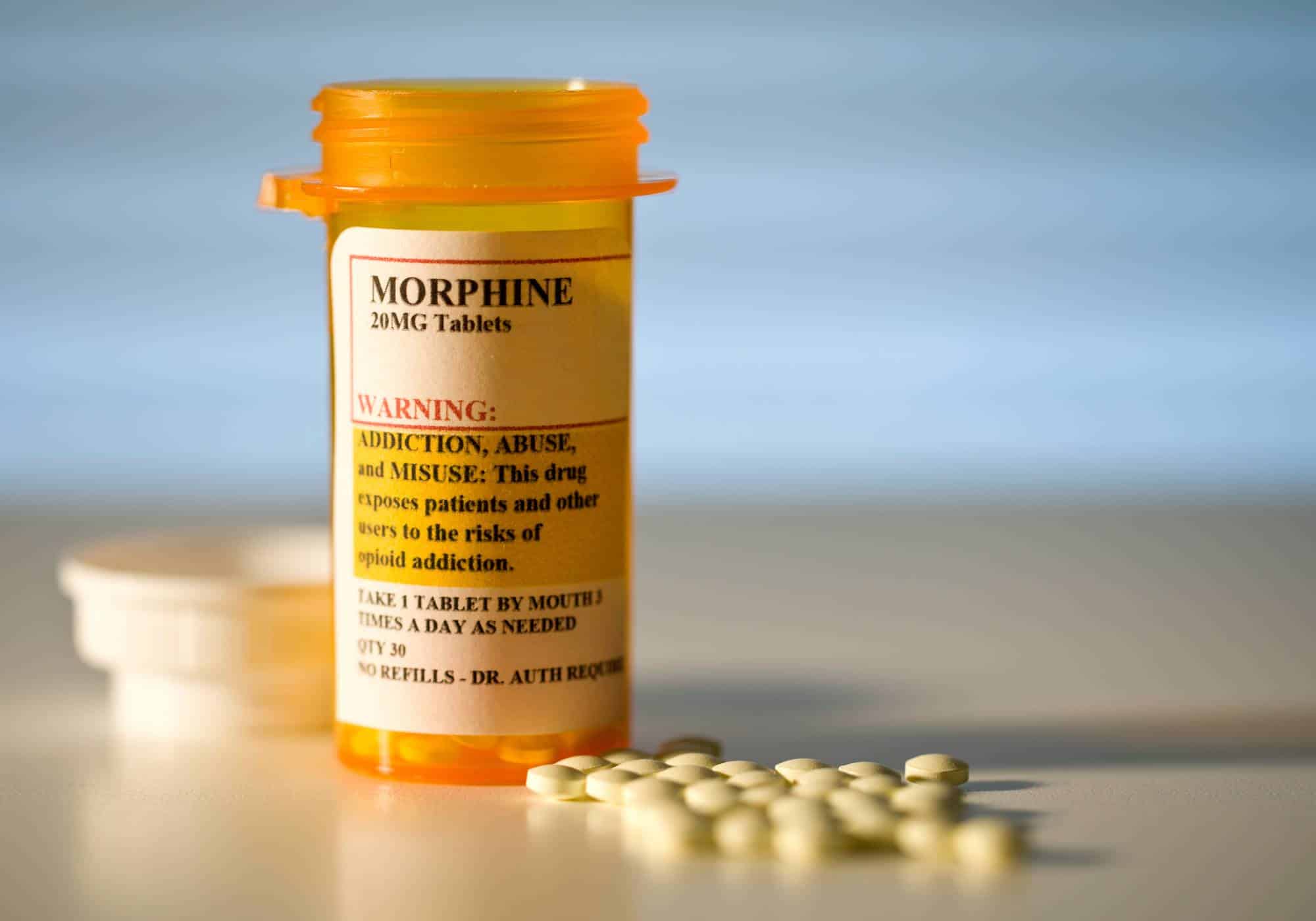From abusive behavior to mental and physical illness, the damaging effects of addiction on a relationship can be lethal. A loved one struggling with substance use addiction may seem like a completely different person, and you may feel exhausted, frustrated, and lost while taking care of them or living with them. You may also feel worried for your safety. All these are valid reactions, as loving someone struggling with addiction is challenging.
If your loved one is an addict, you should ensure that you and the people around them are safe. Wondering how you can do so? Well, watch out for their behavior.
Below, we have talked about four ways addicts typically behave in relationships!
1. Addicts are irresponsible: An addict’s primary goal is to feed their addiction, resulting in reckless and dangerous behaviors. For instance, they may be out late binge drinking multiple times a week, leading to a hangover the next morning and you getting late to work. On addressing their irresponsible behavior, they may react poorly and aggressively.
2. They may be depressed: Addiction is a disease and can be associated with other mental illnesses. Remember, depression is a symptom and a reason for addiction. Therefore, you may notice a behavioral pattern connected to both problems.
For instance, feeling helpless and hopeless can trigger a drinking problem in your loved one when they are sad. They may lose interest in the things they used to enjoy once and begin neglecting their needs.
Remember, people with a family history of substance abuse are more likely to fall into the trap of addiction.
3. They can be abusive: Addiction can result in abusive behavior in your loved one, which can be physical, emotional, or verbal. Moreover, to avoid facing their own shame, they may try to guilt trip you or blame you for their actions. And if things get worse, they may also aggressively lash out or even physically abuse others. It can be because they view concern, confrontation, or intervention as a personal attack, resulting in unwarranted arguments, irrational outbursts, and aggression.
4. They rely on deception: People struggling with addiction may act deceptive as they attempt to hide their addiction. You may catch them stealing money and spending more than usual, leading to a depletion in savings. They may even disappear for a long period of time, claiming they are running an errand.
On asking about these actions and behaviors, they can often lie to cover up their addiction because they are ashamed or afraid of your reaction. You may lose trust in them as their lies become more intricate and deep.
About Hope Harbor Wellness/Atlanta Intensive Outpatient Programs
You must have understood how addicts typically behave in relationships. At Hope Harbor Wellness, we offer the best addiction treatment in Georgia to help our clients experience life without substance use disorders. Our clients choose us for our proven treatment methods and high-quality, compassionate care. We offer an intensive outpatient program, a partial hospitalization program, and outpatient programs to fit the needs of different patients. Contact us at 678-672-6731, email [email protected], or fill out our contact form.












